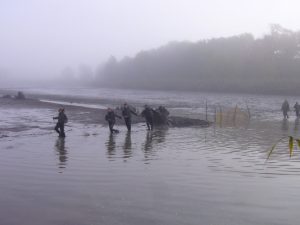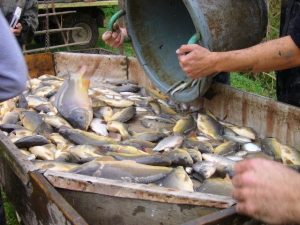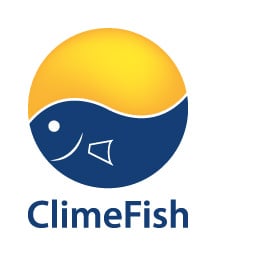C10 – Hungary
The economic importance
Extensive farming of carps in man-made ponds of Central Europe dates back to the Middle Ages, and is still one most important sub-segment of European aquaculture both in social and production terms. Carps are farmed in polyculture together with auxiliary species using traditional farming technologies with limited reliance on ex-farm inputs and exposed highly to climatic conditions. The yearly output of Central European pond aquaculture is around 70,000 tonnes, accounting for 5% of EU aquaculture production. Hungarian pond aquaculture represents this sector in Climefish as a separate case study. Total Hungarian pond production is around 13,000 t per annum, generating an annual turnover of 40 million € and providing jobs for 1,500 persons. However its social and economic importance go beyond these numbers as wetland-related ecosystem services and angling tourism built around pond farms are estimated to be of significant value for the society.
Why climate change matters in this area
Most of the farmed species are warm water species and have their optimal thermal range between 24-30°C. It is expected that Hungarian aquaculture will benefit from increasing temperatures in general through increased growth rate and longer production period. However, increased occurrence of extreme weather events may stress biological organisms and also amortizes physical infrastructure. Altered precipitation patterns may also induce conflicts between fish farmers and operators of irrigation sector over the use of renewable freshwater resources.
How ClimeFish will tackle climate-related issues
The ClimeFish will use the most significant fish species in the Hungarian pond aquaculture as model species. We are collecting data on the past and present situation regarding production and propagation data of this species. Data analysis will be applied to investigate the impact of climate change. Models will be run to predict future scenarios. The developed forecasting tools will allow us to improve management strategies and support decision making.


